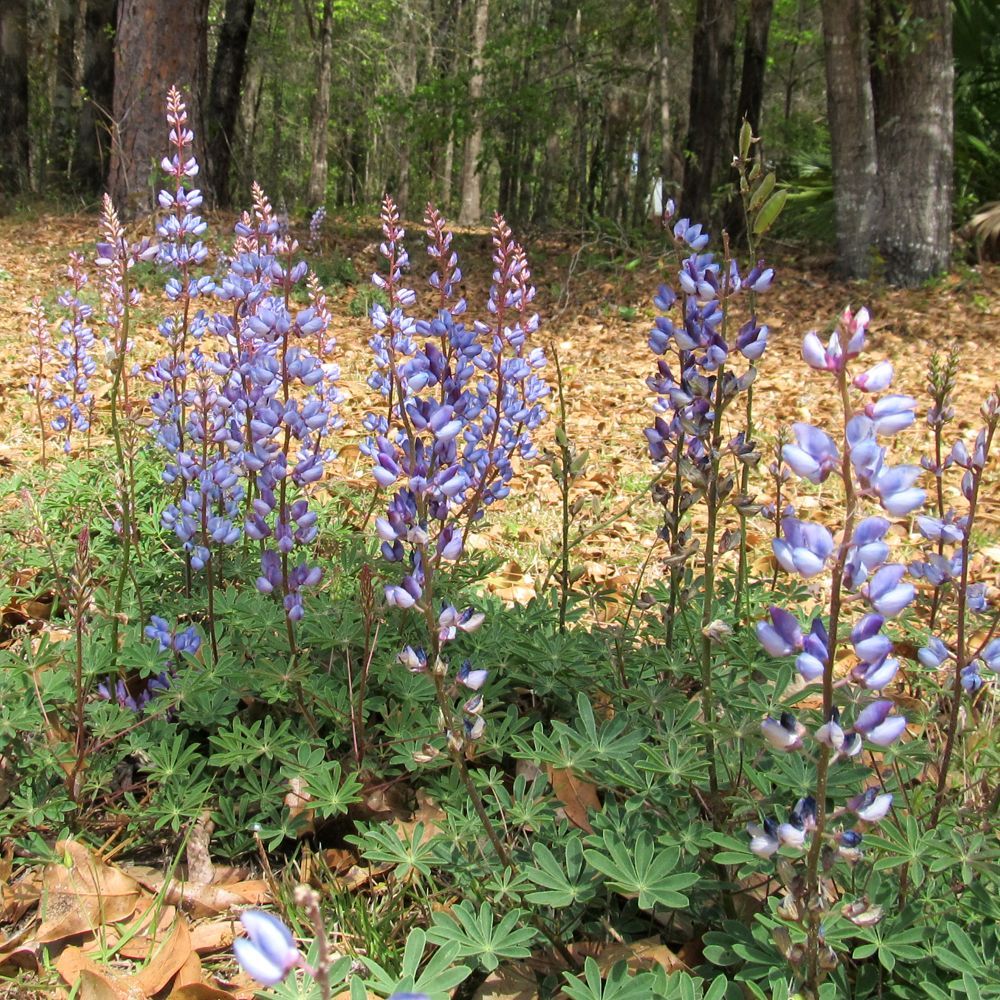FNPS Plant Database
Lupinus perrenis
Nomenclature
Common Name:
Synonym(s):
Genus species:
Family:
Fabaceae (Leguminosae)
Plant Specifics
Form:
Size:
Life Span:
Long-lived perennial
Flower Color:
Fruit Color:
Phenology:
Noted For:
Landscaping
Recommended Uses:
Considerations:
Availability:
Propagation:
Light:
Moisture Tolerance:
Always Flooded---------------------------------Extremely Dry
□□□□□□□□□□□□□□□□□□□□□■■■■■■■■■■■■■■■□□□□□□
Somewhat moist, no flooding -to- Somewhat long very dry periods
Salt Water Flooding Tolerance:
Unknown
Salt Spray/Salty Soil Tolerance:
Soil or Other Substrate:
Soil pH:
Suitable to Grow In:

USDA zones are based on the average annual extreme minimum winter temperature.
Don't know your zone? Click here to search by zip code.
Vouchered In:
Ecology
Wildlife:
Larval host for several butterflies. Attracts bees including bumblebees.
Native Habitats:
Comments:
Ethnobotany:
General Comments:
Citations:
Plant Delights Nursery. (Undated). Learn about Lupinus perennis , Sundial Lupine. ( https://www.plantdelights.com/products/lupinus-perennis ). Accessed 2026.
Wikipedia. (2015-2025). Lupinus perennis. (a href="https://en.wikipedia.org/wiki/Lupinus_perennis" target="_blank">https://en.wikipedia.org/wiki/Lupinus_perennis). Accessed 2026.
Wunderlin, R. P, B. F. Hansen, A. R. Franck, and F. B. Essig. (1999+). Atlas of Florida Plants. ( https://florida.plantatlas.usf.edu/ ). [S. M. Landry and K. N. Campbell (application development), USF Water Institute.] Institute for Systematic Botany, University of South Florida, Tampa.









